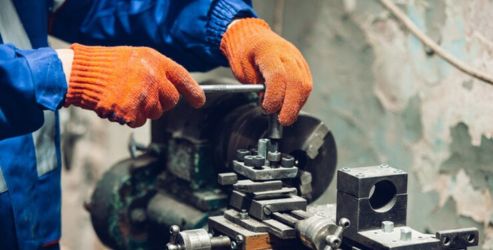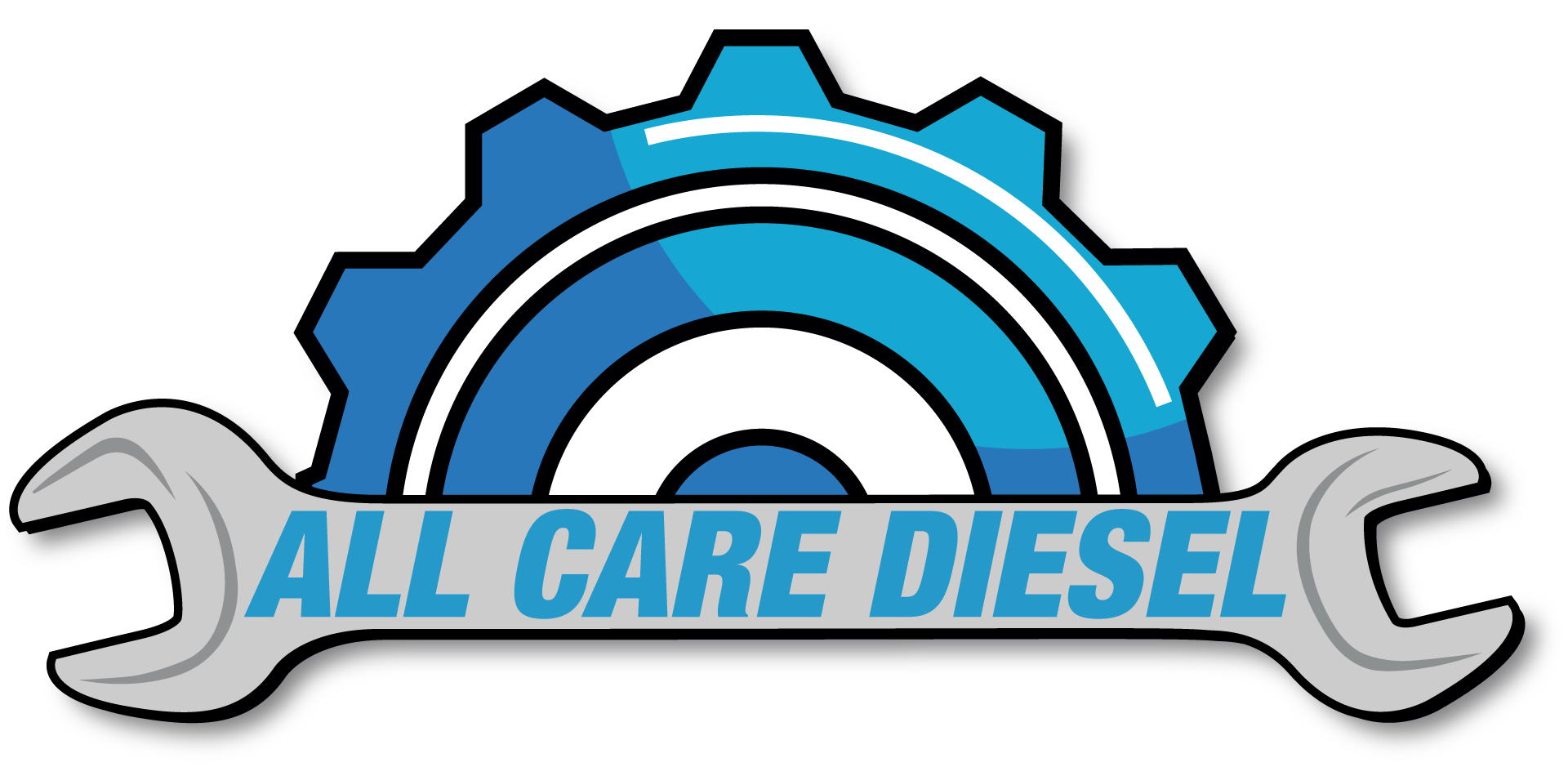What Are the Main Causes of Hydraulic System Failures?
In the complex machinery of heavy-duty trucks, hydraulic systems play an important role in powering various components such as steering, brakes, and lifting mechanisms. These hydraulic systems are designed to withstand heavy weights and extreme working conditions. However, hydraulic systems can fail despite their strong construction, leading to operational disruptions and potential safety risks. Understanding the primary causes of these failures is essential for truck operators and maintenance professionals. In this blog, we will look at the most common causes of hydraulic system failures in heavy-duty trucks.

Most Common Causes of Hydraulic System Failures in Heavy-Duty Trucks
Contamination
It is the most common cause of hydraulic system failures. In this microscopic particles such as dirt, debris, and water droplets enter into the hydraulic system and damage important components such as pumps, valves, and cylinders. The resultant wear and tear decreases the system's reliability and efficiency. Mitigating the risk demands a preventive approach that focuses on regular hydraulic fluid replacement and the installation of advanced filtration devices. Following this preventive procedure is important for hydraulic system operators, enabling them to decrease the risk of contamination and ensuring the machinery's durability and optimal performance. Through these careful efforts, the system becomes resistant to the ongoing threat of microscopic particles, maintaining its precision and function properly.
Fluid Overheating
Managing fluid overheating in the hydraulic system is important to avoid problems caused by viscosity and lubrication loss. Rising temperatures increase this risk, causing more friction and wear inside the system. To prevent fluid breakdown, it's essential to establish appropriate cooling systems. Fluid levels are regularly monitored to ensure that the system is properly filled, preventing air entrapment and improving effective heat transfer. Using high-quality fluid designed for certain temperature ranges improves system performance by delivering better viscosity and lubrication under a variety of operating circumstances. Temperature monitoring system tools such as sensors and thermal imaging technology are important for recognizing problems and responding quickly to temperature variation. Regular maintenance helps to extend the life and reliability of the hydraulic system.
Seal and Hose Failures
Seals and hoses play a crucial role in maintaining hydraulic system integrity by preventing leaks. These components, while sometimes ignored, have the primary responsibility for fluid containment and proper pressure levels. However, its durability can be reduced over time by the relentless effects of wear and tear. Regular inspections serve as the foundation of preventive maintenance, showing the indicators of longevity and certain risks in seals and hoses. Timely action characterized by the careful replacement of worn-out components, is important to prevent the invisible leak of hydraulic fluid and the resulting loss of pressure. Delaying in this process can lead to further damage, risking not only performance but also the machinery's safety and longevity. As a result, in the hydraulic system, a commitment to regular inspection serves as the foundation for long-term efficient operation.
Pump Issues
The pump is the heart of any hydraulic system, circulating fluid to power various components. However, wear, pollution, or cavitation can cause pump failure that affects the entire hydraulic system. Regular inspection and timely replacement protect hydraulic machinery from wear and tear. Maintaining fluid conditions becomes critical, preventing contamination that might put at risk the pump's efficiency. Equally important is precision in installation, which ensures the pump functions within optimal parameters, reducing stress and increasing longevity. Despite the best preventive measures, pump faults can still occur. In this instance, the expertise of a professional hydraulic repair service is essential. These professionals have the expertise to diagnose and fix the underlying causes of pump problems, restoring it to its optimal performance.
Air in the System
Air infiltration into systems disrupts the operation, leading to inefficiencies. The smooth flow of hydraulic fluid may be disturbed by this air, which may enter through leaks or during system bleeding. It is essential to perform regular inspections and immediately repair any potential leaks to prevent these problems. However, if air has already made its way into the system, corrective measures are necessary to return the system to peak functioning. This involves hydraulic repair, including systematic bleeding procedures and a complete examination to identify and address any underlying issues. Hydraulic systems can maintain peak performance, improving overall operating efficiency and increasing the life of components by following preventive measures and careful maintenance.
Improper Maintenance Practices
Neglecting regular maintenance risks the reliability and functionality of the hydraulic system, potentially transforming minor issues into major problems that lead to unexpected failures. A well-designed maintenance schedule should include regular checks of fluid level, system cleanliness, and component functionality. Conducting thorough heavy duty truck inspections provides quick identification of possible issues, allowing for timely actions to avoid system failures. To ensure the durability and reliability of the hydraulic system, preventive maintenance is essential. However, when neglect has already resulted in a hydraulic system problem, immediate action is required. Contacting skilled hydraulic repair services is required to accurately identify the damage and conduct the appropriate corrective measures.
Lack of Training and Knowledge
In hydraulic systems, the role of operators cannot be ignored. A lack of proper training and understanding can significantly contribute to hydraulic system failures. Operators who need to become more familiar with the details of the system can incorrectly misuse equipment, resulting in early wear and damage. Moreover, improper handling during regular operations can create impurities or excess stress on components. Preventive measures include complete operator training programs to ensure they understand the system's specifications, proper usage, and the importance of following maintenance standards. This not only minimizes the risk of failure but also encourages a mindset of responsibility and care for hydraulic systems.
Conclusion
Understanding the causes of hydraulic system failures is the first step toward maintaining reliable and efficient operations. The key to prevention is regular maintenance and the execution of best practices. However, when problems arise, quick hydraulic repairs are essential for reducing downtime and ensuring the system’s durability. By combining preventive measures with experienced repair services, the operator can keep their system operating at their best. The reliability of hydraulic systems is essential in heavy-duty trucks for both performance and safety. By addressing these common causes of failures, they can improve operational efficiency and extend the functionality of critical components, ultimately resulting in the smooth functioning of heavy-duty trucks.
